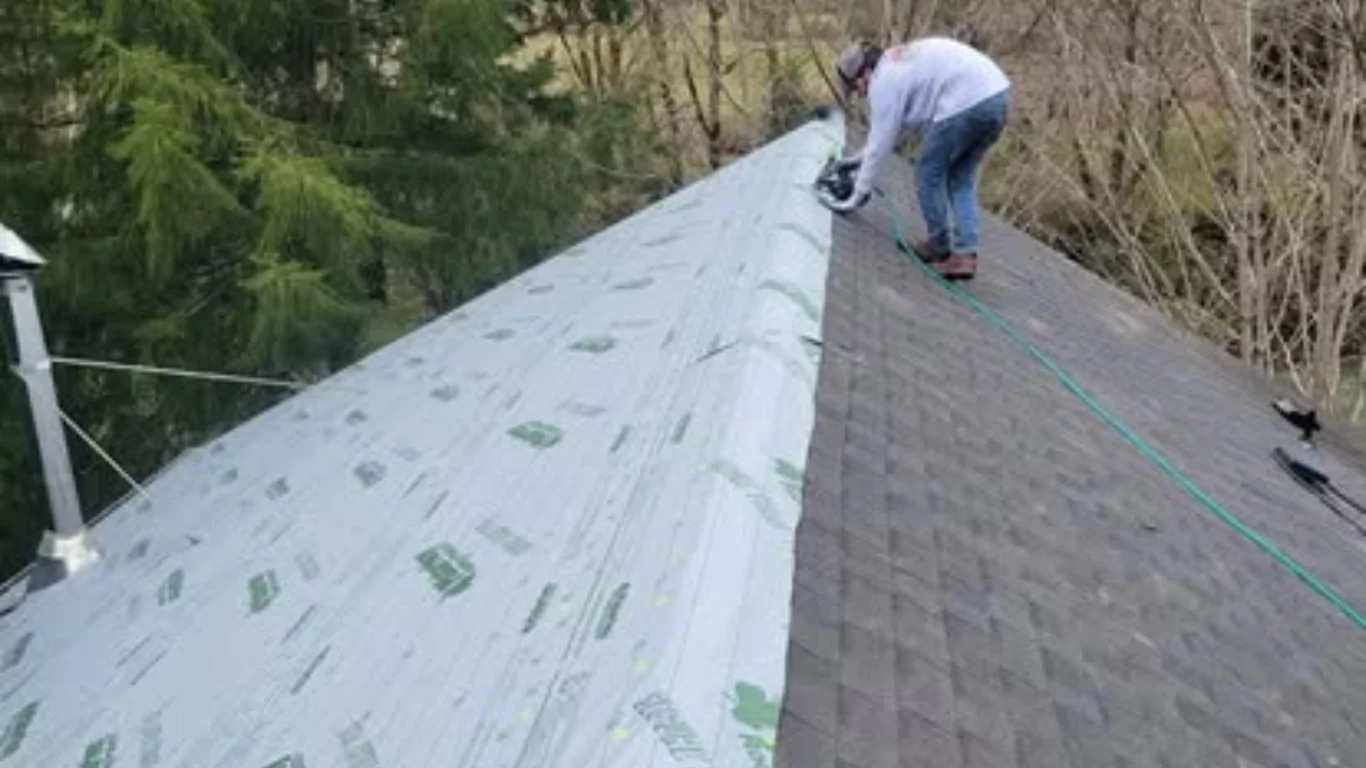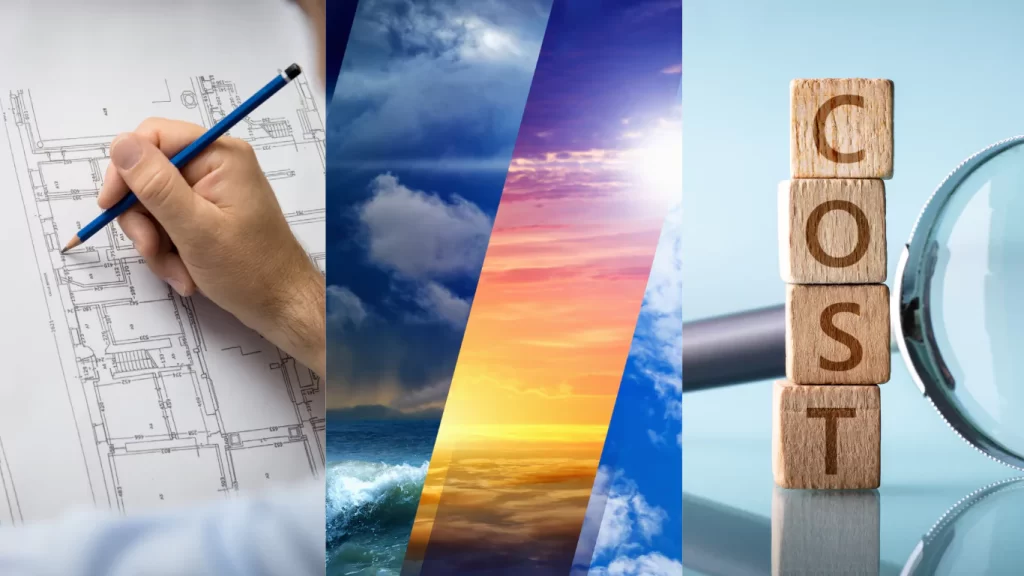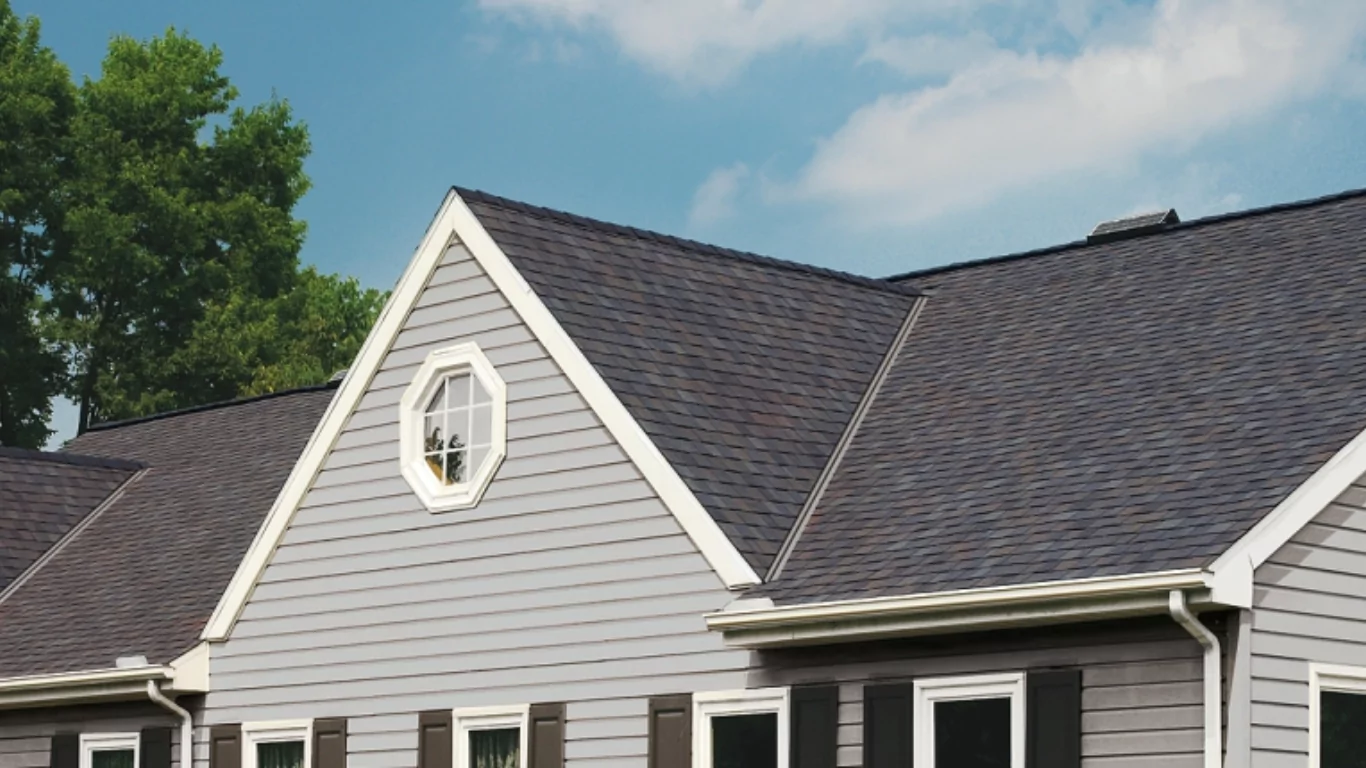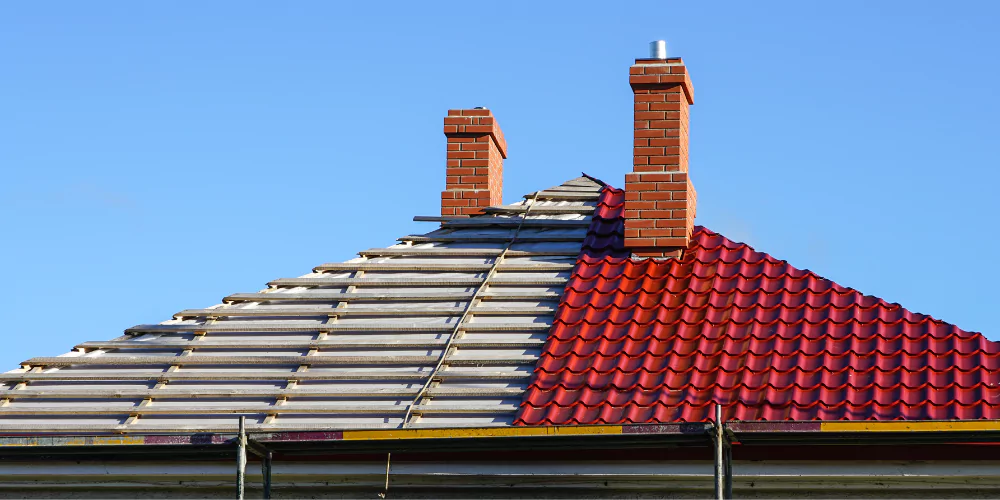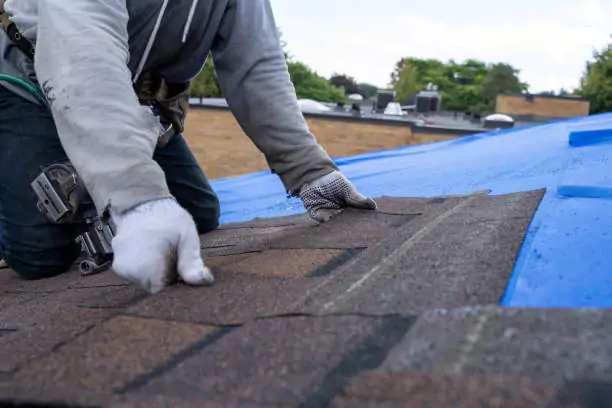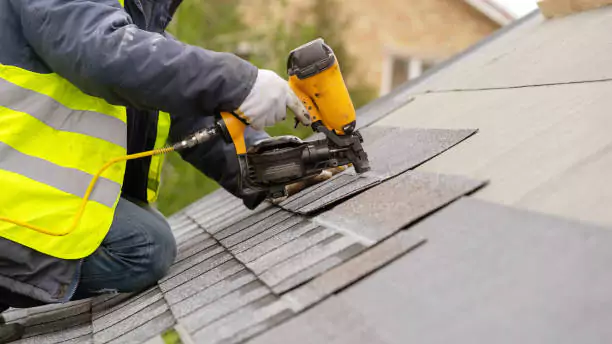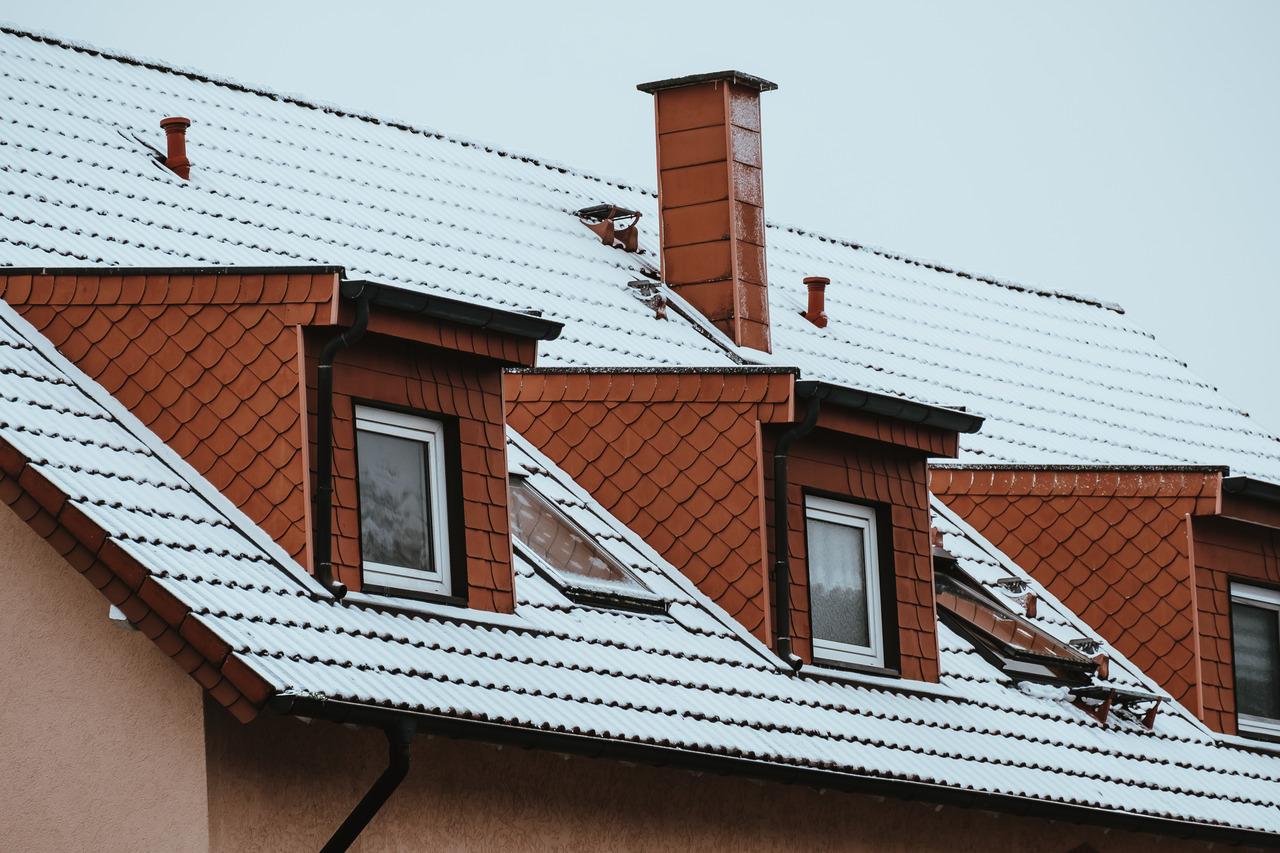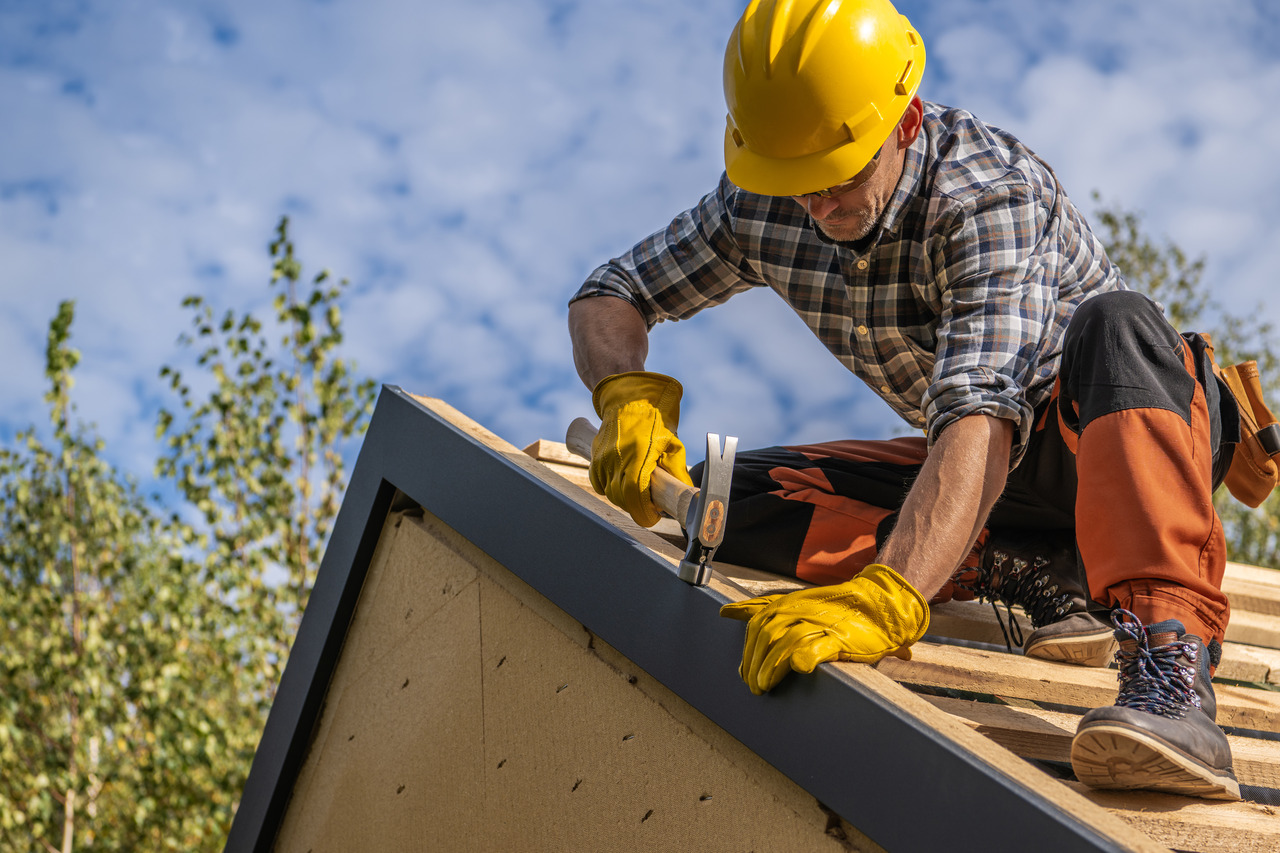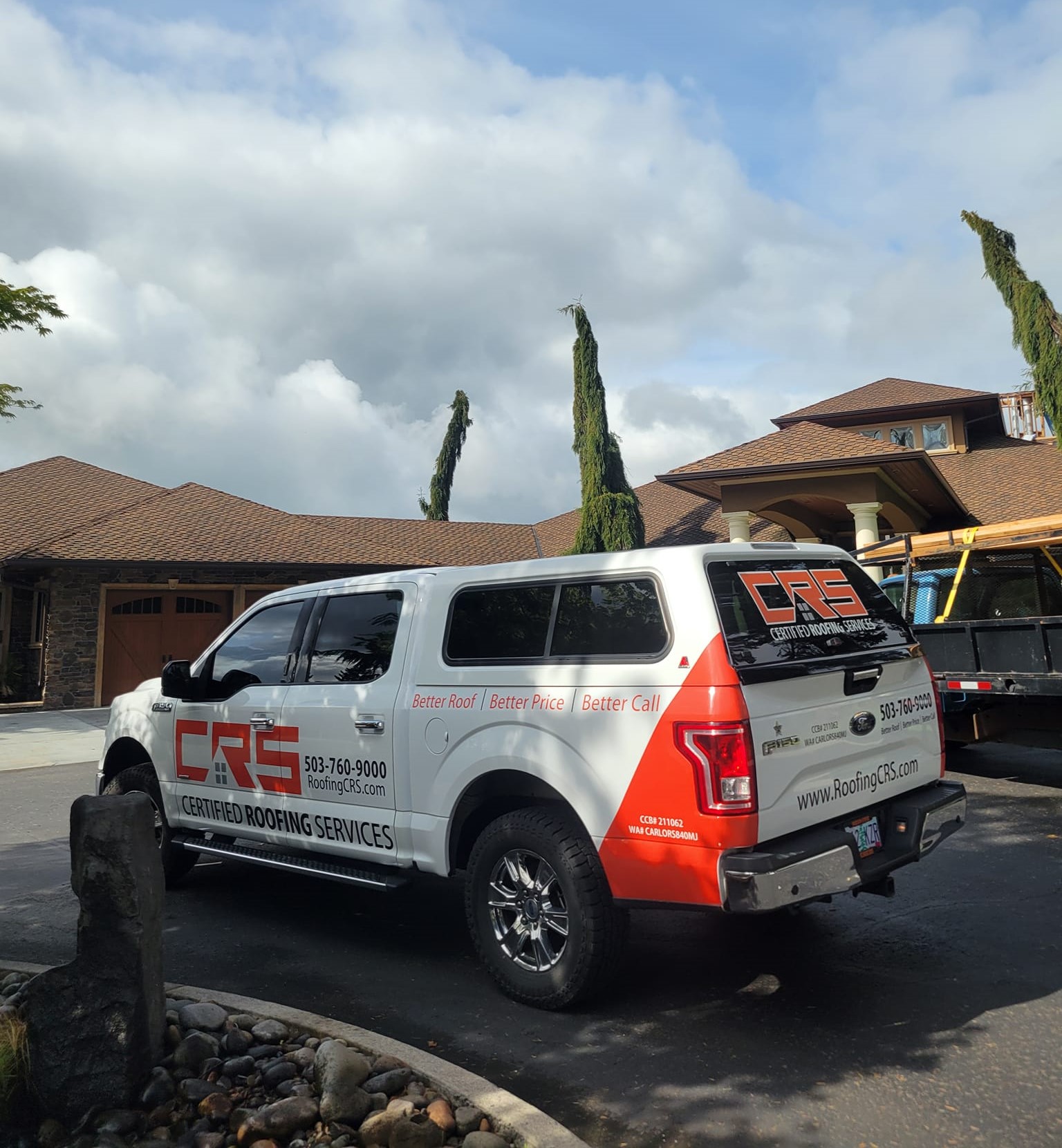Choosing the right commercial roofing material is one of the most critical decisions a business owner or property manager can make.
The material you select influences your building’s energy efficiency, long-term maintenance costs, and how long the roof lasts before needing replacement.
Each building—whether a warehouse, office, school, or retail outlet—has unique roofing needs. That’s why it’s essential to understand which materials work best for your structure, climate, and budget.
At Certified Roofing Company, we guide property managers, developers, and facility operators through these decisions to ensure they invest wisely and avoid costly mistakes.
Key Factors to Consider When Choosing a Commercial Roofing Material
Climate & Weather Conditions
The climate around your building plays a major role in how a roof performs.
- In hot, sunny climates, UV-resistant and reflective materials help reduce cooling costs.
- In rainy or snowy areas, durability and drainage capabilities are critical.
- Areas prone to high winds require secure, impact-resistant roofing systems.
A mismatch between material and environment can lead to premature failure.
Building Structure & Design
Flat roofs are common in commercial settings, but not all materials work well on flat or low-slope structures.
You’ll also need to consider:
- Load-bearing capacity of the building
- Roof size and shape
- HVAC or solar units on the roof
Lightweight options like TPO are ideal for older buildings with limited structural load support.
Durability & Longevity
The lifespan of roofing materials varies significantly:
- TPO: 15–20 years
- EPDM & PVC: 20–30 years
- Metal: up to 50 years
While some materials cost more upfront, their longevity offsets the investment over time.
Energy Efficiency & Insulation
Cool roofing materials reflect more sunlight and absorb less heat, helping reduce energy costs.
Look for systems with:
- High solar reflectance
- Strong insulation (R-value)
- ENERGY STAR® or LEED compliance
SPF and TPO are top performers for buildings prioritizing energy efficiency.
Cost: Installation vs. Lifetime Value
Initial installation cost is important—but so is the total cost of ownership.
For example:
- BUR and EPDM have lower installation costs but higher maintenance needs.
- Metal and SPF cost more initially but need fewer repairs over time.
Think long-term when comparing materials.
Maintenance Requirements
Commercial roofs should be easy to maintain and inspect.
- Seamless systems like SPF reduce leak points.
- EPDM and TPO are easier to patch and repair.
- BUR requires more frequent maintenance.
Facilities with limited downtime benefit from low-maintenance solutions.
Environmental Impact
If sustainability is a priority, consider:
- Recyclable materials like metal
- Low-VOC products
- Systems that reduce energy use
Green building certifications may also influence your decision.
Fire and Chemical Resistance
Certain industries require roofs that resist fire or chemical spills:
- Restaurants: need grease-resistant PVC
- Manufacturing: require fire-rated and chemical-proof membranes
Always factor in your building’s use case.
Overview of Common Commercial Roofing Materials
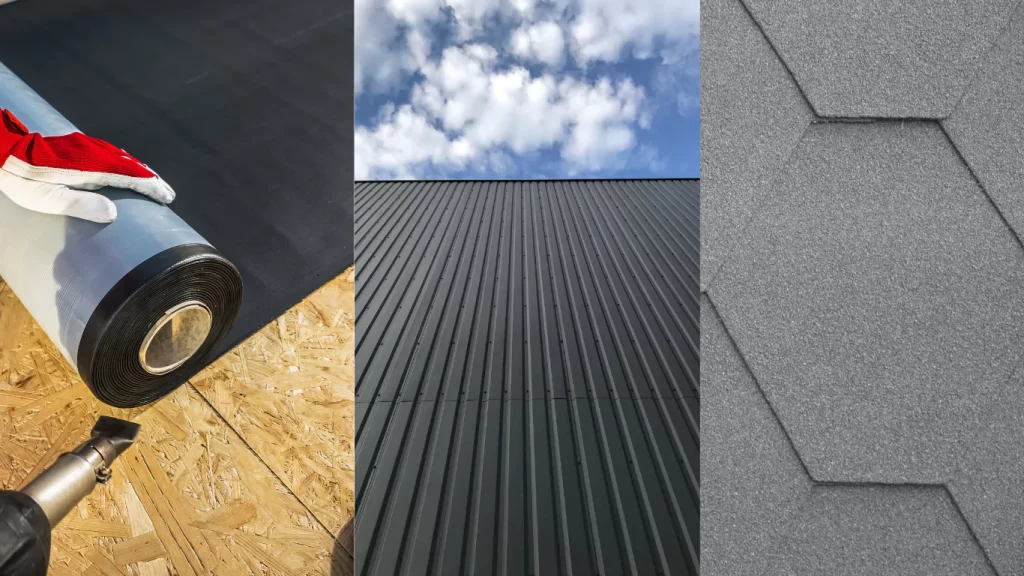
TPO (Thermoplastic Olefin):
Lightweight, reflective, and energy-efficient. Welded seams provide durability.
Best For: Flat roofs in warm climates.
EPDM (Rubber):
Durable, low-cost, and great for cold weather. Easy to patch.
Best For: Older buildings and cold regions.
PVC (Polyvinyl Chloride):
Fire and chemical-resistant with strong seams.
Best For: Restaurants, factories, and industrial buildings.
BUR (Built-Up Roofing):
Layered asphalt system with good insulation and durability.
Best For: Budget-friendly, traditional buildings.
Modified Bitumen:
Flexible, weather-resistant, and easier to install than BUR.
Best For: Versatile use with varying exposures.
Metal Roofing:
Long-lasting, fire-resistant, and energy-efficient.
Best For: Warehouses, schools, and high-traffic areas.
SPF (Spray Polyurethane Foam):
Seamless, highly insulating, and ideal for complex roofs.
Best For: Energy-focused and custom-shaped roofs.
Professional Installation Matters
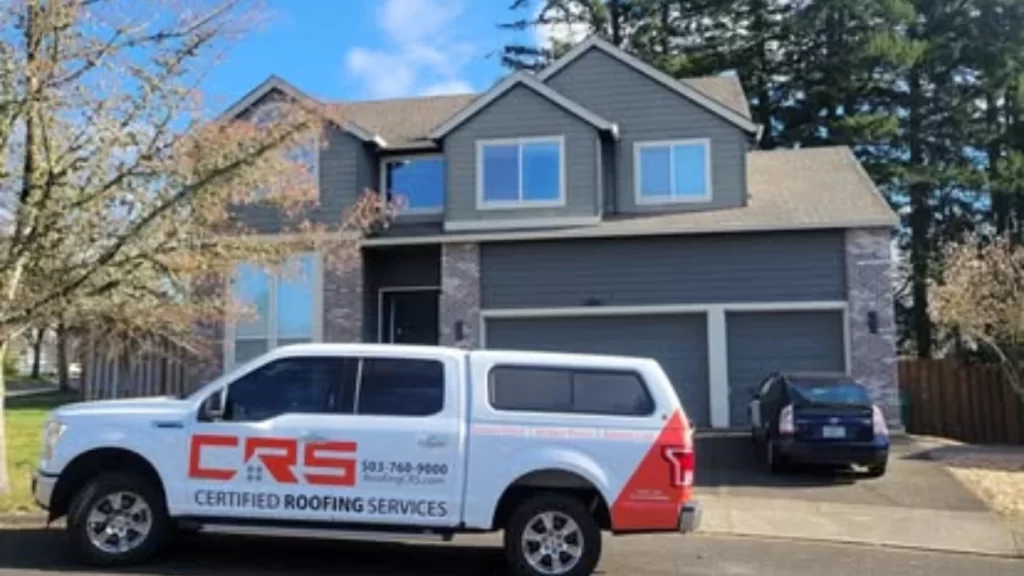
No matter the material, professional installation is essential.
- Improper sealing can lead to leaks, even on the best materials.
- Manufacturer warranties often require certified installers.
- A quality install extends lifespan and reduces maintenance.
Certified Roofing Company uses licensed installers with commercial expertise. We stand behind every roof we install.
Conclusion
Choosing the right commercial roofing material requires careful consideration of climate, usage, budget, and maintenance expectations.
Certified Roofing Company is here to help you make a confident, well-informed decision.

